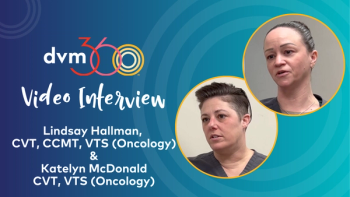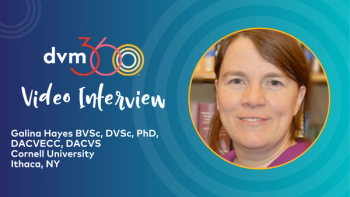
Streamline surgery releases
End-of-the-day surgery releases can bring chaos and confusion to even the most organized veterinary teams. That's why team members at Rock Road Animal Hospital in St. Louis, Mo., developed a system to route clients through the checkout process before they're reunited with their pets.
End-of-the-day surgery releases can bring chaos and confusion to even the most organized veterinary teams. That's why team members at Rock Road Animal Hospital in St. Louis, Mo., developed a system to route clients through the checkout process before they're reunited with their pets.
First, clients pay the bill so they're not wrestling with their furred friends as they review the charges and write the check. Then Carrie Gaffney, veterinary assistant, escorts them to an exam room, where she discusses aftercare, including diet, stitches and bandages, restrictions, and suture removal. She also explains what clients can expect from anesthesia and what happened during the surgery–a step she says prepares them to see their pets again.
"Educating the clients before they're reunited with their pets guarantees there are no distractions, so they're more likely to listen to your instructions," Gaffney says. The payoff: Fewer clients call back with questions later.
Newsletter
From exam room tips to practice management insights, get trusted veterinary news delivered straight to your inbox—subscribe to dvm360.





